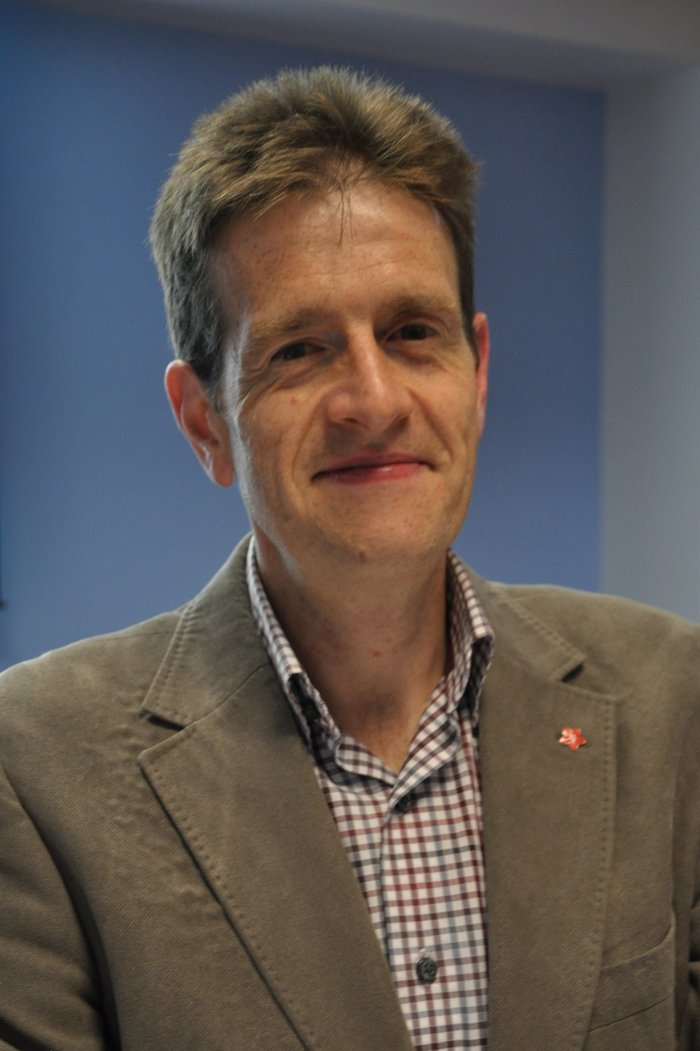Ensuring people with ALL get the most appropriate level of treatment
In this project, Professor Moorman is trying to find markers that can tell clinicians how much treatment someone with ALL needs.

Professor Moorman
The challenge
Acute lymphoblastic leukaemia (ALL) is an aggressive type of blood cancer, commonly treated with chemotherapy. However, some types of ALL are likely to need less treatment than others, and we need to find ways to understand this so we can make sure we’re giving people the right amount of treatment according to their type of disease.
The project
Professor Moorman and his team what to study data collected from 15,000 people with ALL who took part in a trial called HARMONY. He wants to find out how well current tools perform at determining how much treatment someone should receive and wants to see if he can find new markers that could tell clinicians what type of ALL someone has and therefore what level of treatment they should receive.
The future
In the future, this research could help make sure everyone is given the most appropriate amount of treatment for their type of ALL. It could mean that some people are given less chemotherapy, sparing them from additional side effects, and others are given more, to make sure they don’t see their disease return.
What our community think
“I feel the project is important as it wishes to make it easier to individualise treatments to certain ALL patients.”
- Patient Voice Grant Advisory Network Member, living with an MPN
